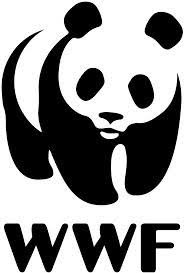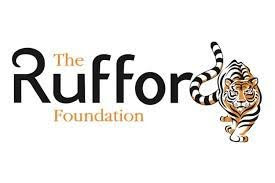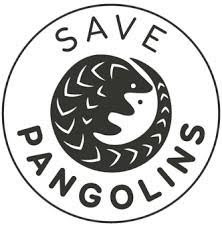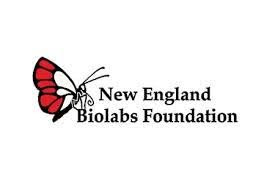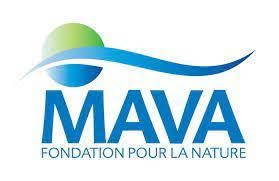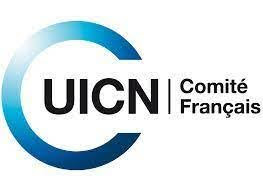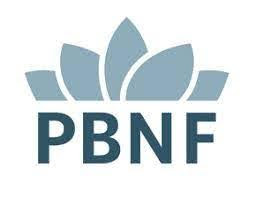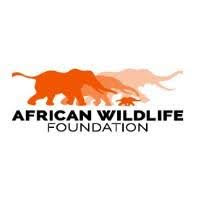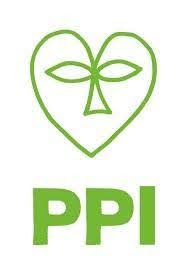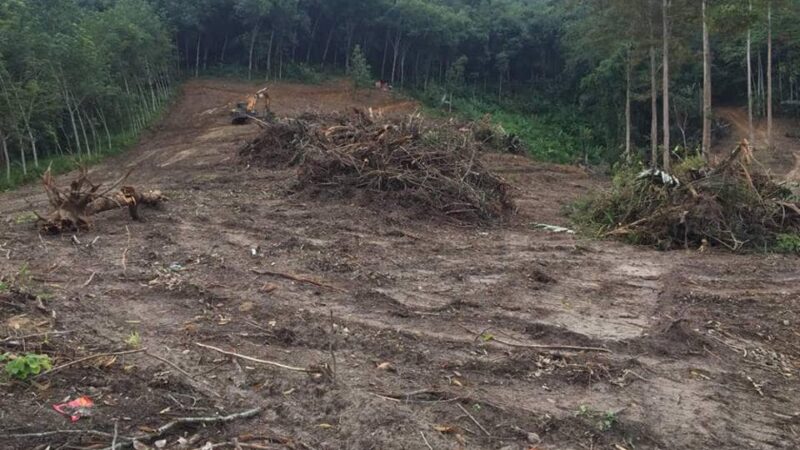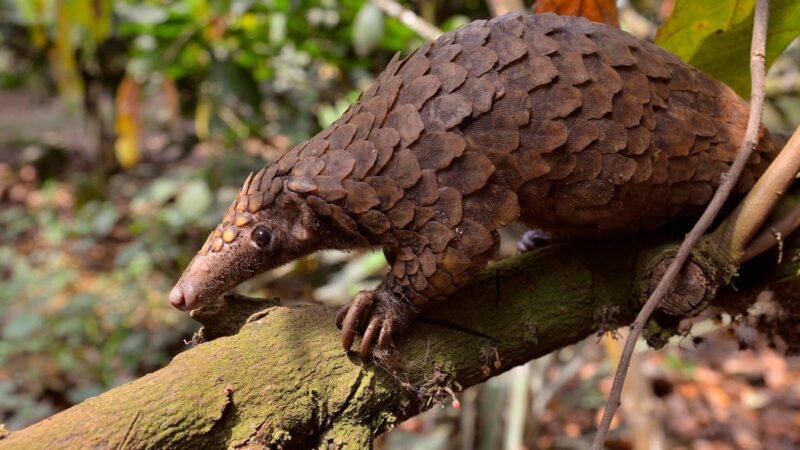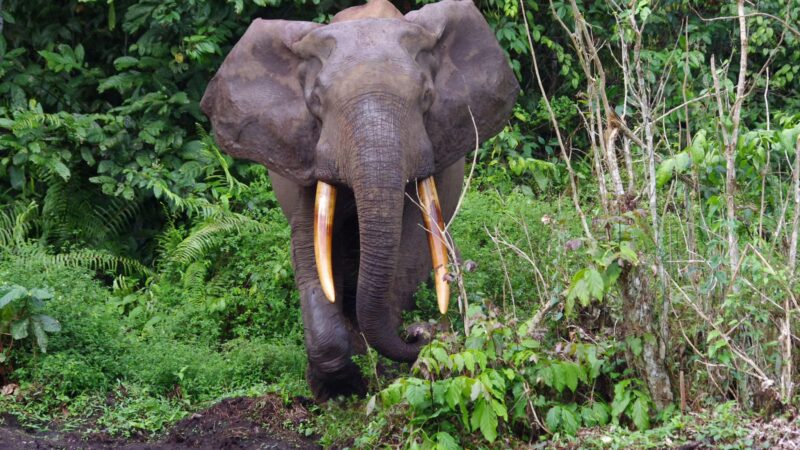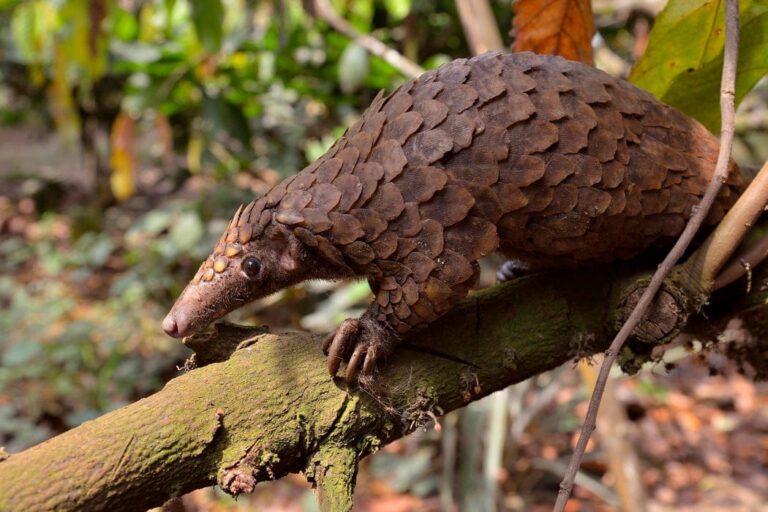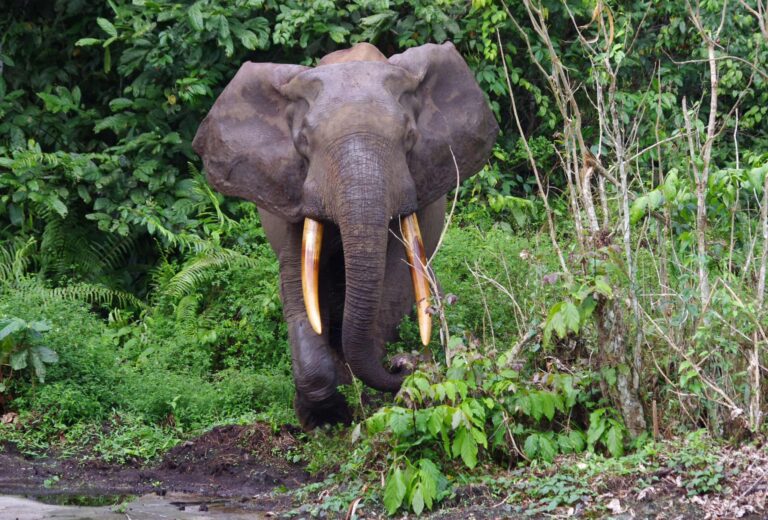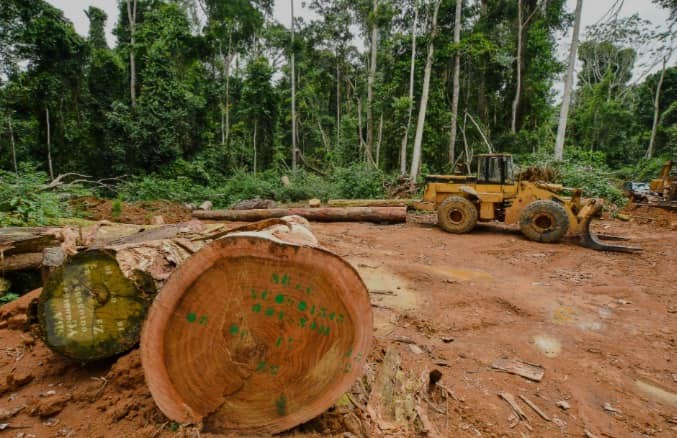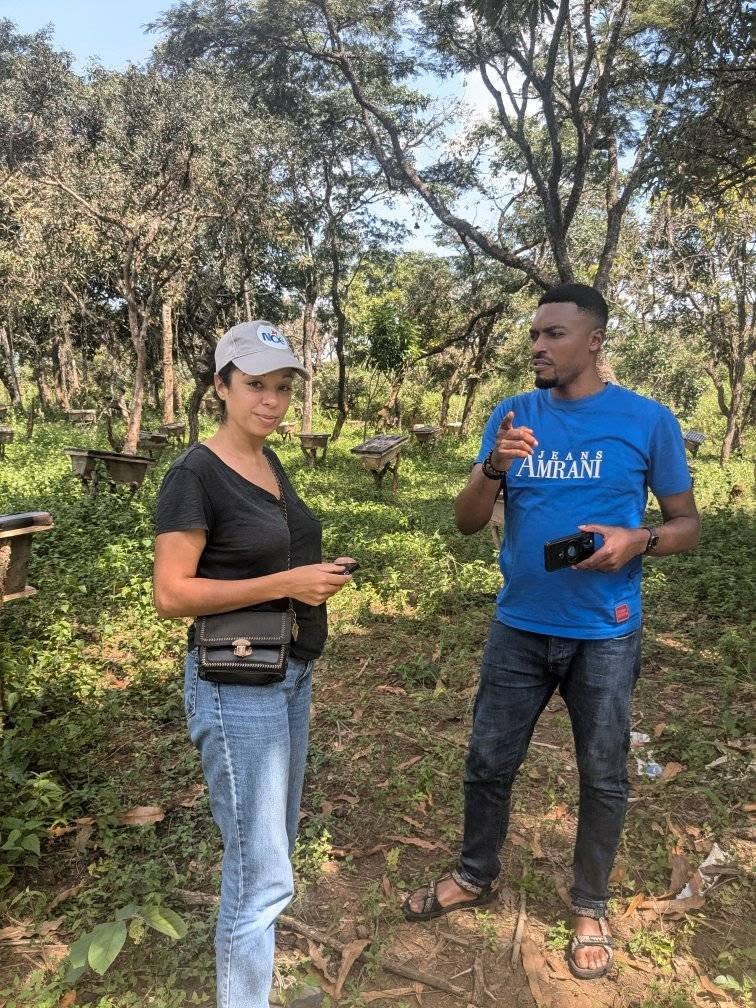
Who We Are
Officially recognized as an Association with the registration number 96B/ARDA/F.34/SAAJP under the law number 90/053 of 19/12/1990, in the Republic of Cameroon, ABOYERD stands as a beacon of hope in Cameroon’s conservation landscape. This grassroots nonprofit is dedicated to bridging the gap between environmental sustainability and community livelihoods, emphasizing the vital role of indigenous populations in preserving the nation’s rich biodiversity. By fostering conservation awareness, designing and implementing nature-based solutions to devastating conservation problems such as human-wildlife conflicts and habitat destruction, and providing sustainable livelihood alternatives, ABOYERD empowers local communities to actively participate in protecting their natural resources while improving their socio-economic conditions.
With a mission rooted in scientific research, awareness and behavioural change, community livelihood development and habitat conservation, ABOYERD aims to create a harmonious coexistence between wildlife and human communities. Their innovative approach not only addresses immediate environmental challenges but also promotes long-term sustainable development strategies that benefit both people and ecosystems. Through collaborative efforts, ABOYERD is committed to ensuring that the voices of local communities are heard and that their needs are met in the fight against biodiversity loss.
Our Vision/Mission
Vision
ABOYERD’s vision is to have a sustainable world where humans and wildlife enjoy a mutually beneficial coexistence.
Mission
ABOYERD’s mission is to protect biodiversity and improve human well-being through scientific research, environmental education, livelihood improvement, and climate action for a sustainable human-wildlife coexistence.
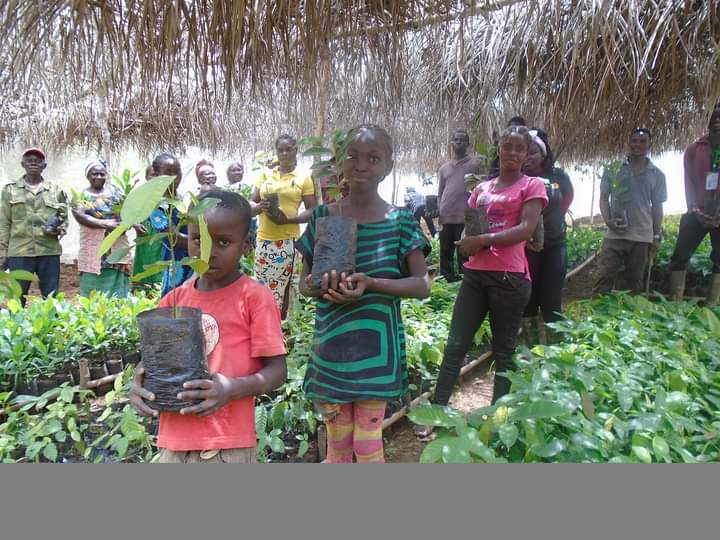
Our Values
To achieve its objectives, ABOYERD upholds several core values, including:
Passion
At ABOYERD, our staff is fueled by a deep passion for conservation. They actively engage in initiatives that protect nature and enhance the livelihoods of local communities in biodiversity-rich areas, turning their commitment into meaningful action.
Dynamism
ABOYERD boasts a dynamic and youthful team, brimming with energy and innovative ideas. Each staff member is not only eager to tackle new challenges but also committed to achieving our organizational goals with enthusiasm and creativity.
Professionalism
ABOYERD prides itself on a highly skilled team dedicated to delivering quality and efficient results. Each member embodies responsibility, integrity, accountability, and excellence, consistently prioritizing the organization's mission above all else.
Commitment
At ABOYERD, our staff is deeply dedicated to protecting nature and biodiversity. We wholeheartedly commit to every initiative that fosters a healthy environment, ensuring harmony between humans and wildlife. Our intrinsic duty is to safeguard biodiversity for future generations.
Diversity
ABOYERD embraces a rich tapestry of diversity within its team, drawing from a multitude of social, religious, ethnic, educational, gender, and linguistic backgrounds. This vibrant mix not only enhances our mission but also enriches our perspectives on nature conservation and informs our innovative approaches to environmental challenges.
Collaboration
ABOYERD fosters a spirit of collaborative teamwork, enabling staff to achieve impactful synergies. This approach enhances our capacity to forge strong partnerships with other nature conservation organizations and stakeholders, ensuring the success of our mission.
Our Objectives
Recognizing the urgent challenges facing biodiversity, ABOYERD pursues four key objectives through an integrated approach aimed at fostering harmony between people and nature:
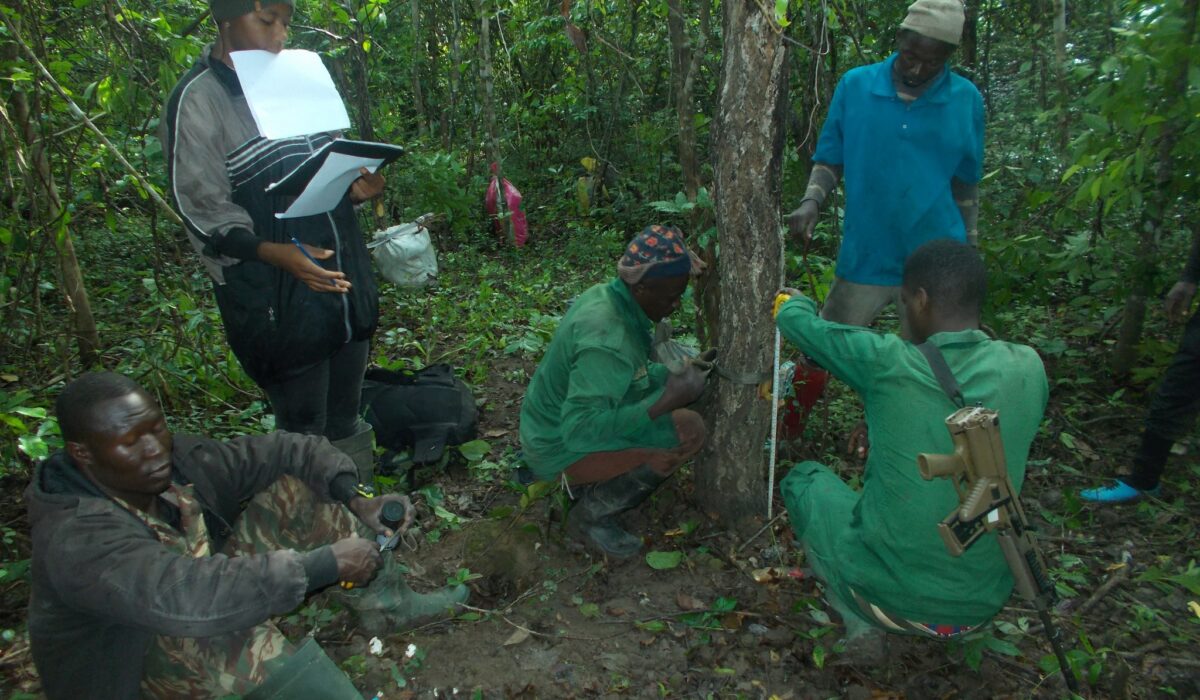
- Promote environmentally responsible behavior and empower youth to address pressing environmental and social issues.
- Enhance the livelihoods, culture, and socio-economic well-being of forest-dependent indigenous communities.
- Conduct impactful biodiversity research to guide policy, support knowledge sharing, and strengthen capacity-building efforts.
- Protect, restore, and sustain Cameroon’s high-value conservation areas through strategic partnerships and sustainable development efforts
Our Programs
See our Work in Action
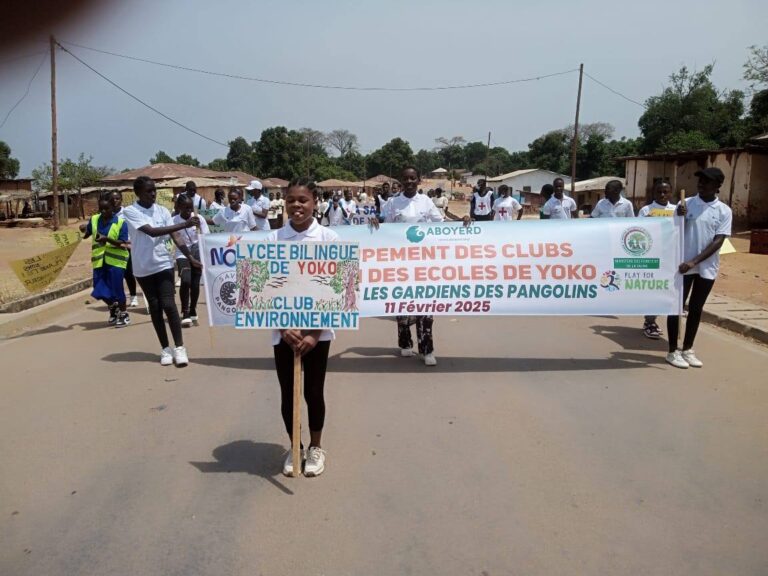

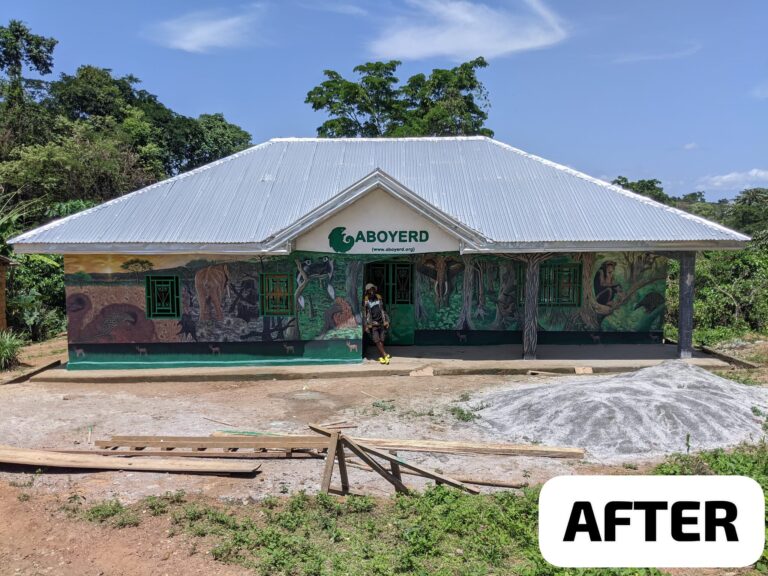
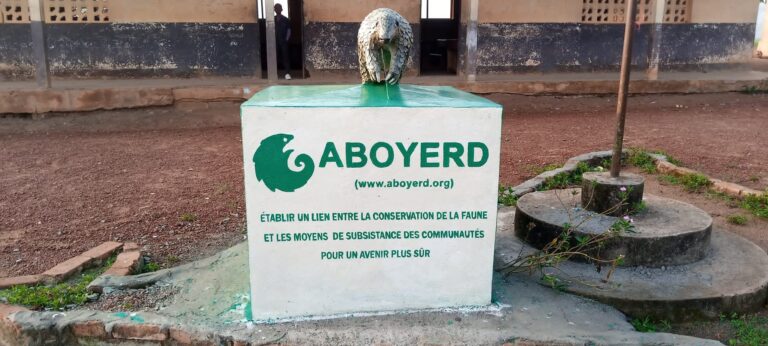
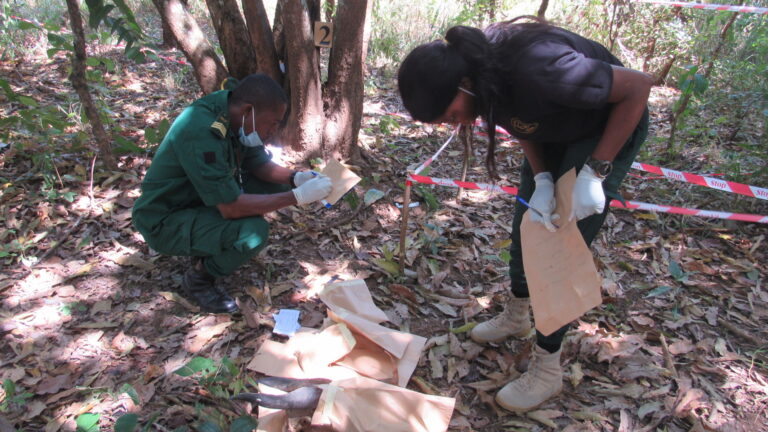
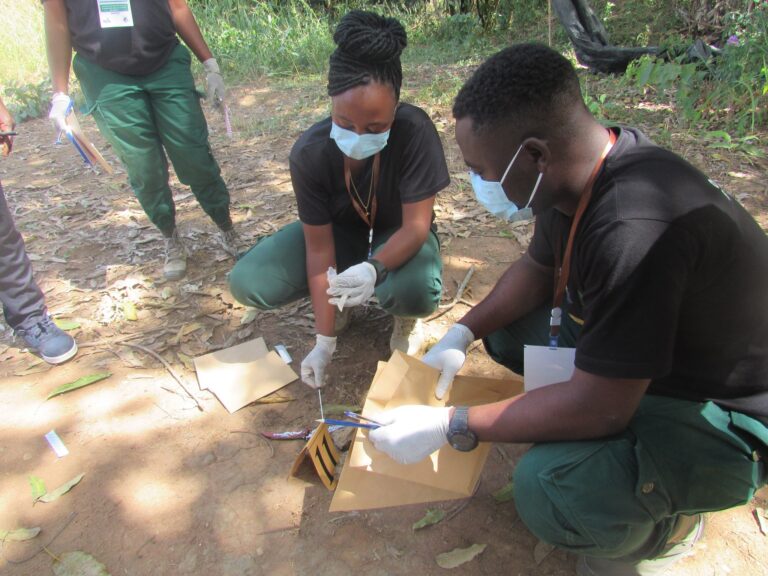
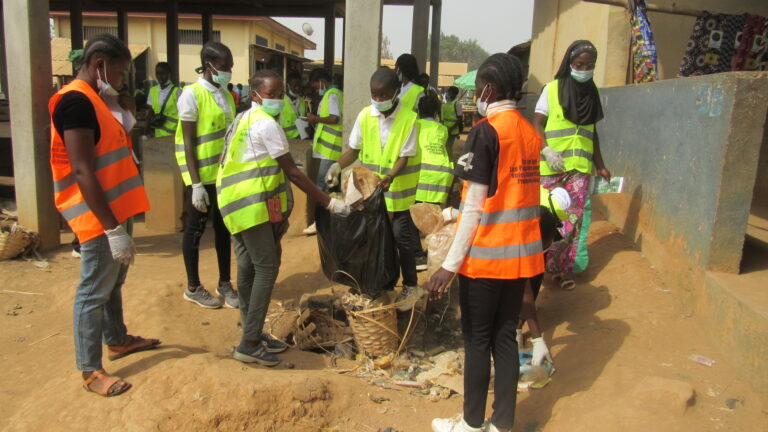
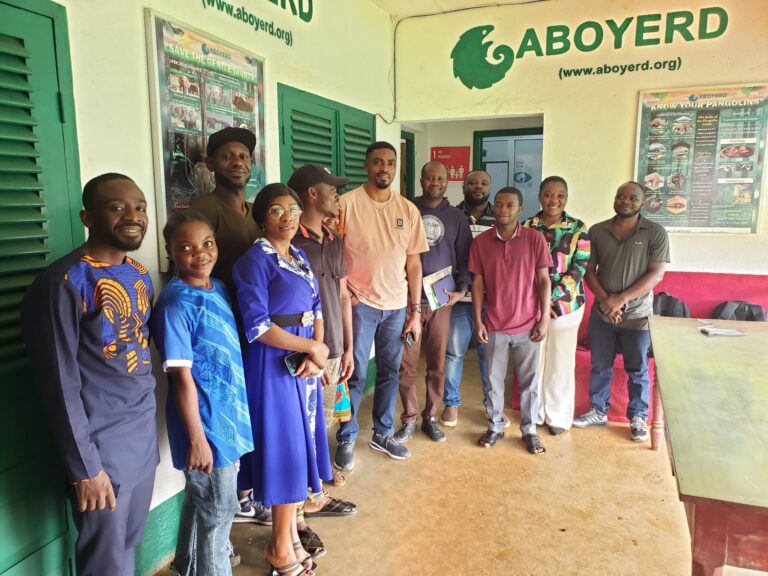
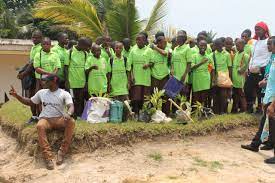
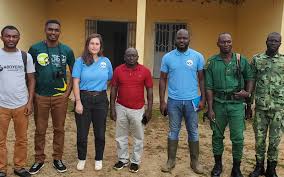
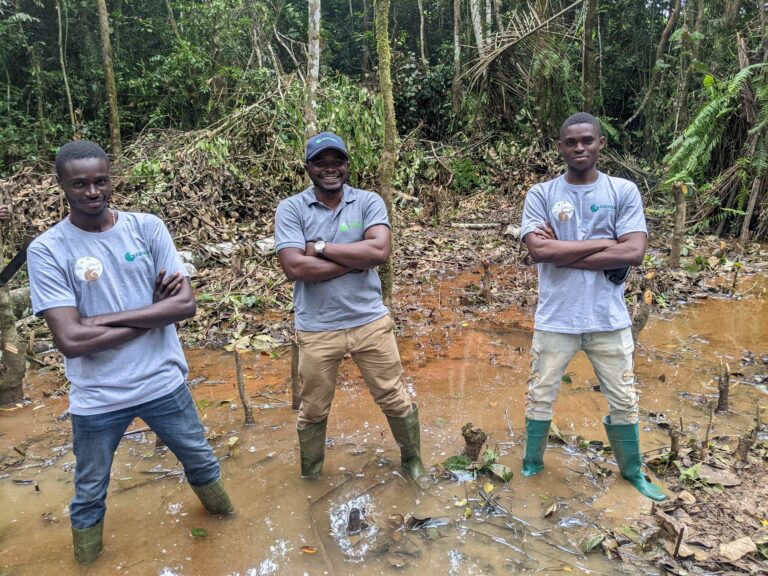
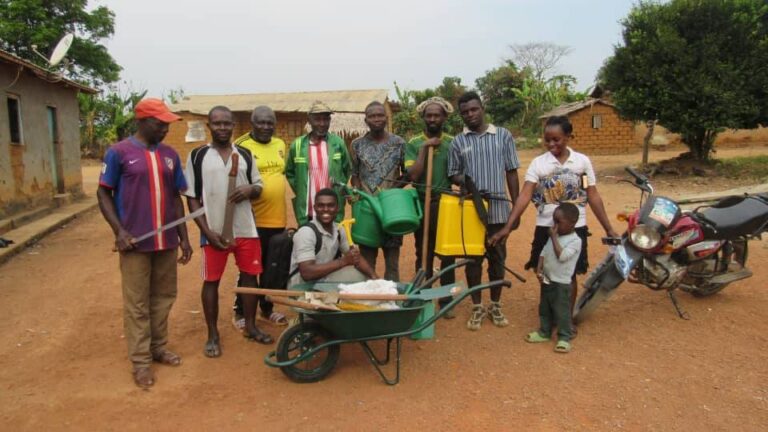
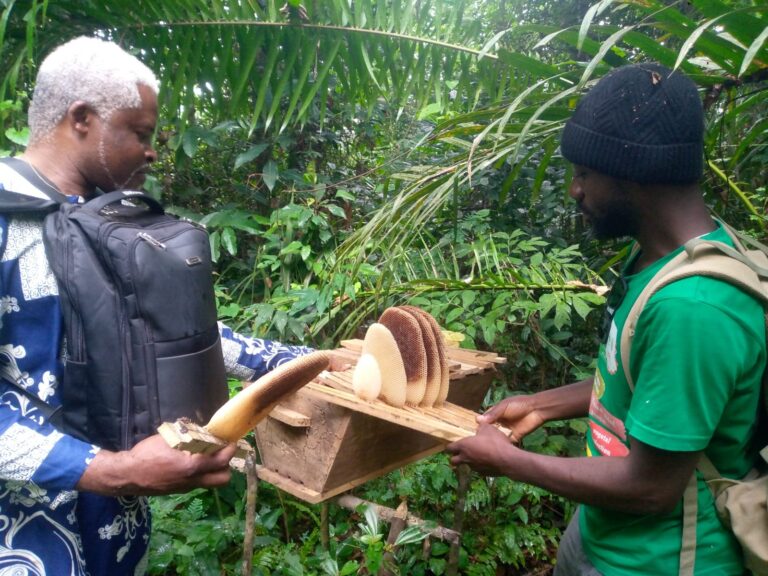
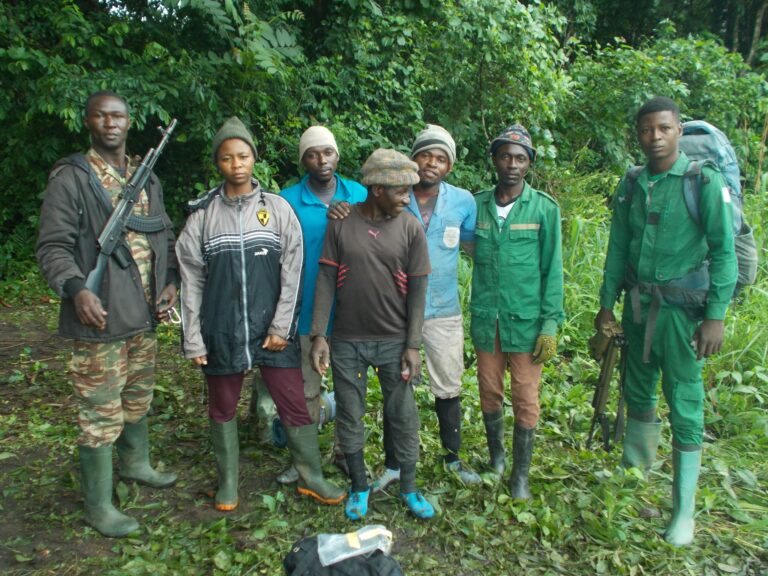
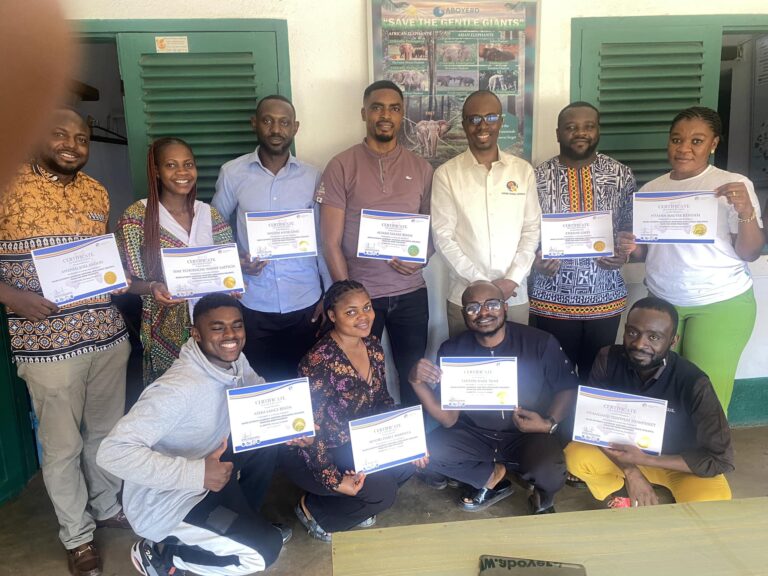
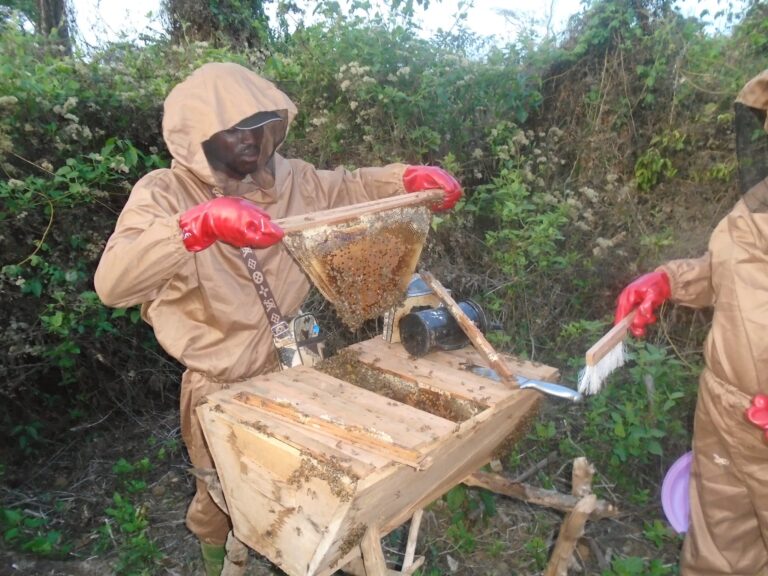
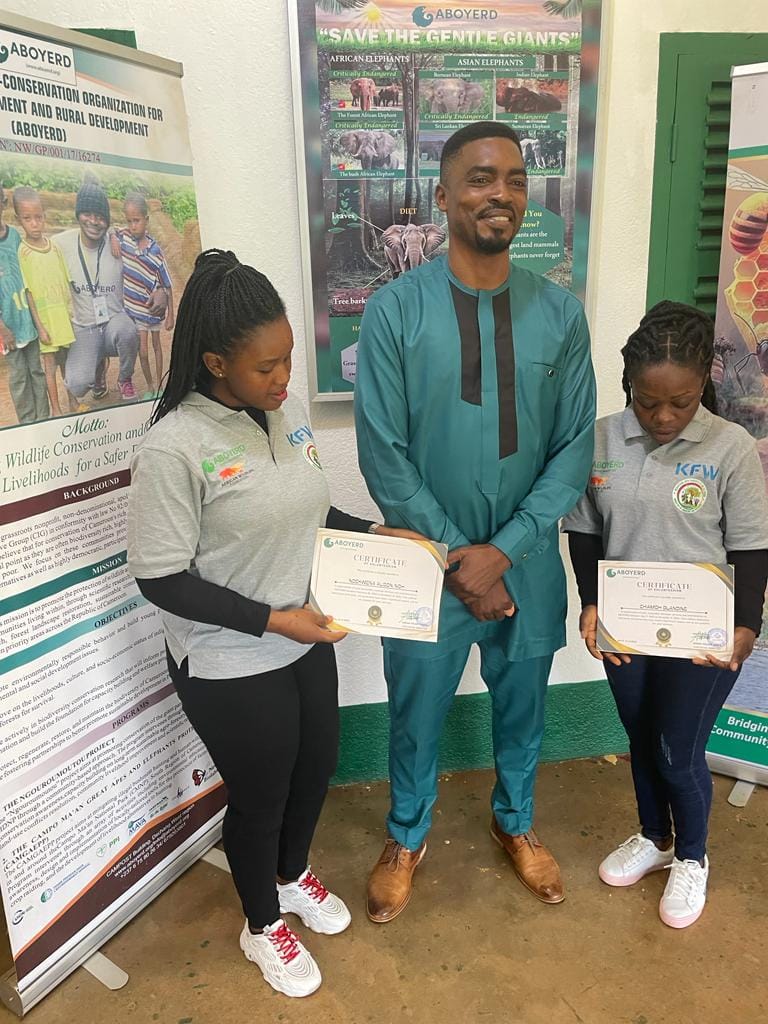
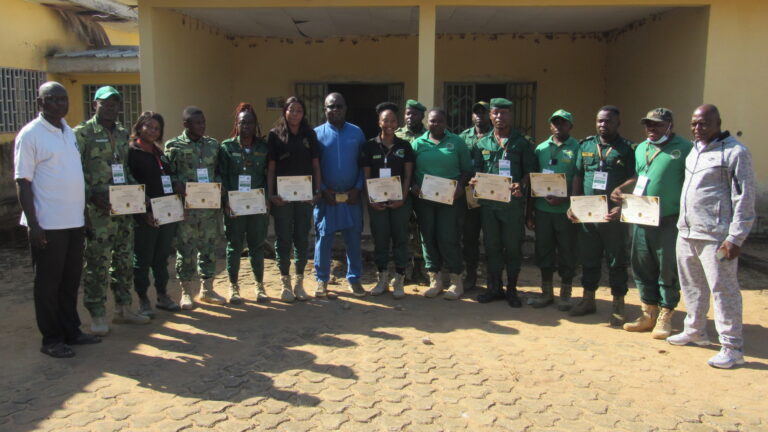
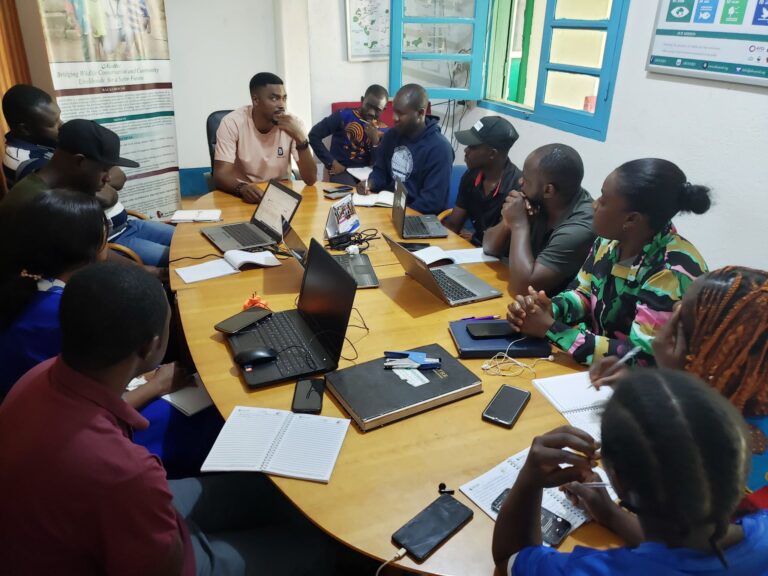
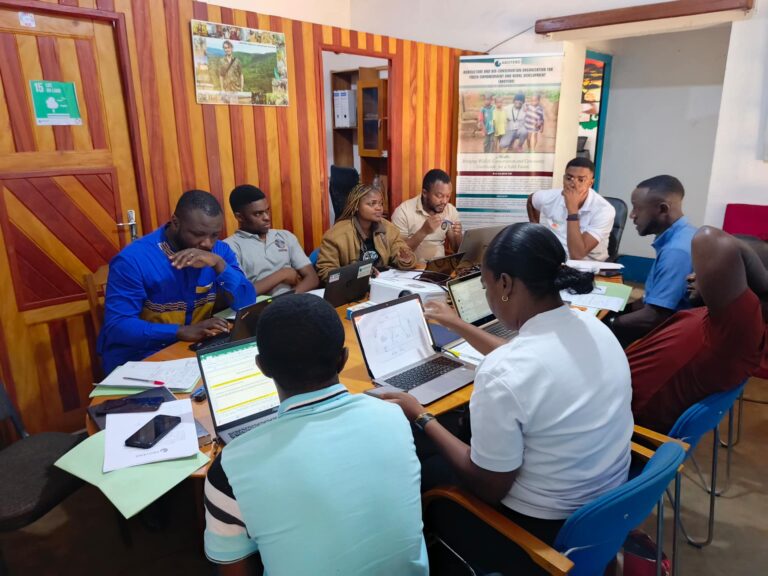
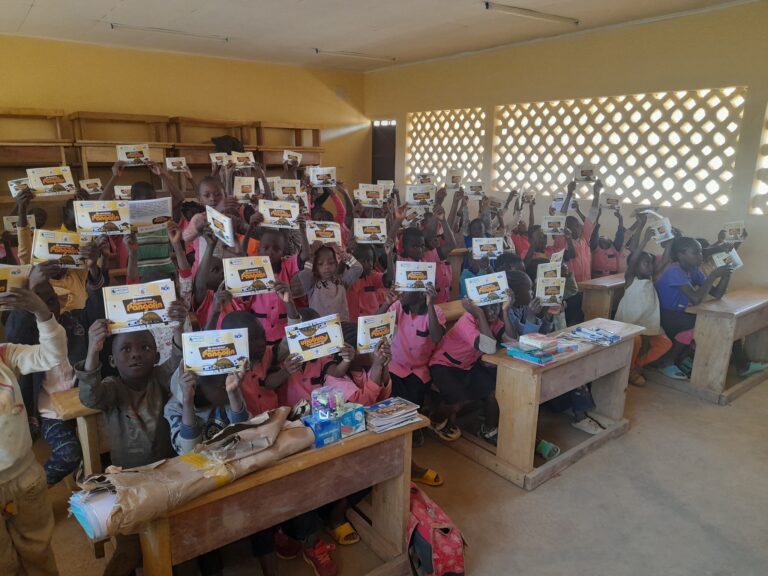
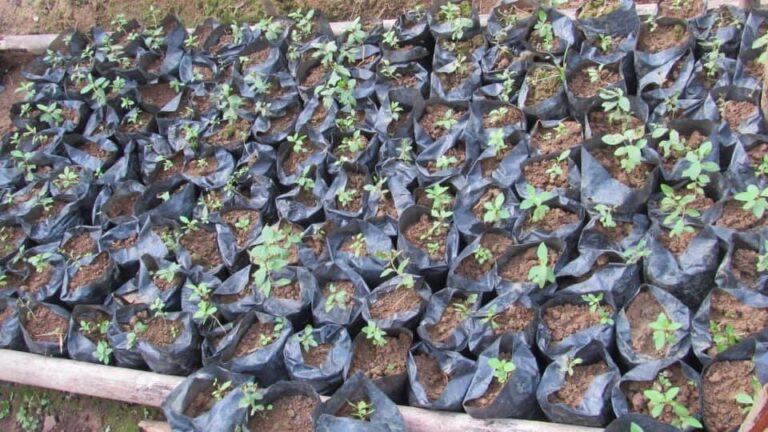
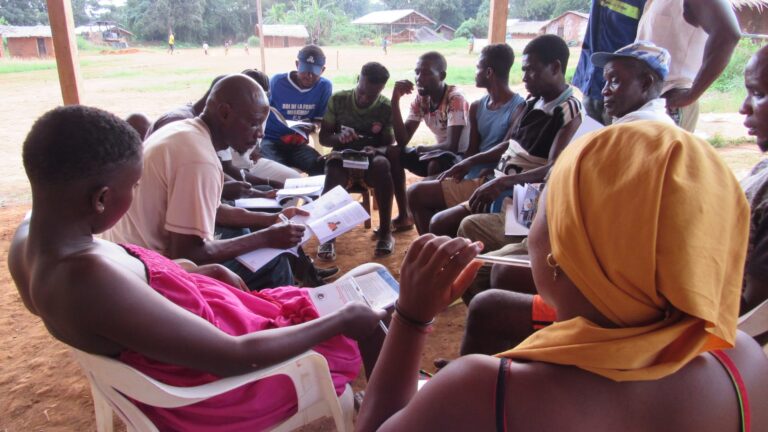
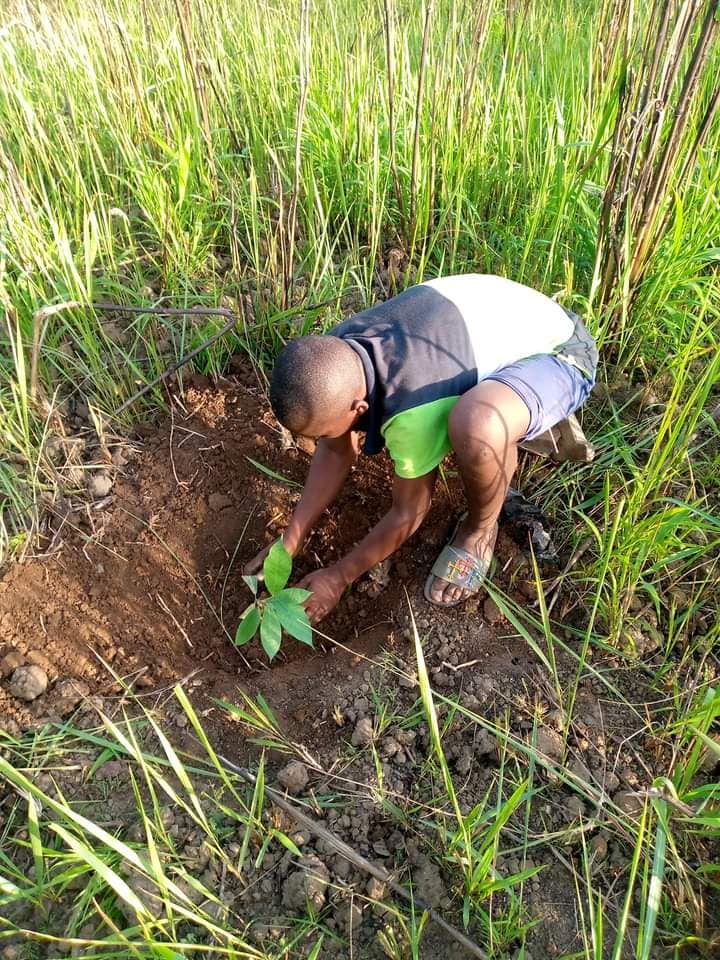
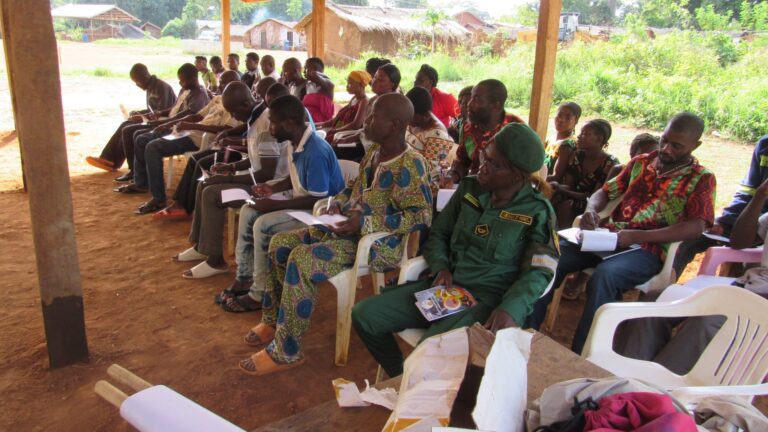

We believe that for Cameroon’s rich flora and fauna to thrive, indigenous communities must be the focal point as they are often biodiversity rich, highly biodiversity-dependent for livelihood, and predominantly poor. Accompany us on this mission.
Our Partners

